Please do not listen to anyone saying you can fix your eye sight by praticing.
There is a whole goddamn subculture of those fraudster monsters.
Are you calling my mother and her daily eye-rolling yoga a liar?
I had issues with dry eyes and wasn’t a good option for lasik, so I had EVO Visian Implantable Collamer Lens surgery 2 years ago. Was $3500 per eye so $7000 total.
It’s not very well known. I had to ask for it specifically and even the receptionist thought I meant lasik until I clarified where it was listed on their own website.
It’s similar to cataract surgery but instead of removing your lens and replacing it; they just add a second one with your prescription in front of it. Basically it’s a permanent contact.
They slice a very small incision, slide in the folded lens, and then smooth it out. Takes 20-30 minutes. Doesn’t remove any tissue from the eye like other procedures or leave a flap. It can be reversed by removing the lens in another procedure, and can be redone in the future if your prescription changes a lot. They can also correct an astigmatism using these lenses.
After surgery, I wore eye shields at night for a week, and had to do the same eye drop protocol that is done after cataract surgery. 3 bottle of drops, 3-4 times a day for around 21 days. They had a single bottle option that combined all the meds which would’ve been only 1 drop 3-4 times a day, but it was $200. So I filled the 3 bottles at the pharmacy for a total of $30 instead.
Vision was perfect right after surgery. Eyes felt mildly dry for maybe 2-3 days but that could’ve been some of the drops.
So happy to not spend $800+ per year on contacts and solution, or worrying about losing a contact while swimming. I would do it again if it’s ever needed.
I had the same surgery for $7600 a year ago.
My glasses prescription was really strong, and my corneas are really thin, so LASIK wasn’t an option for me.
Anyone considering this surgery should research the side effects and risks (there are some meta-papers in medical journals that go over these items).
I experienced all of the visual artifacts below in the days/weeks after my surgery. At first they were very bad/noticeable.
After a couple of weeks, the only major issue was still getting halos. (Occasionally I also get the ghosting like in the Netflix image especially if my eyes are very tired).
Those have gradually diminished over the last year, and 99.9% of the time, I don’t even notice that I have the lenses in.
Night driving is a bit more annoying because I still get a lot of halos there, but it’s manageable, and my brain is better at filtering them out.
Overall getting this surgery was one of the best decisions I’ve ever made. I see better than 20/20, and no longer have to wear glasses/contacts. But I’m saying (to anyone reading this and considering it), go into it with the expectation of some risk (e.g. could cause early cataracts), and give your body time to recover from the surgery and your brain time to adapt & filter out the halos.
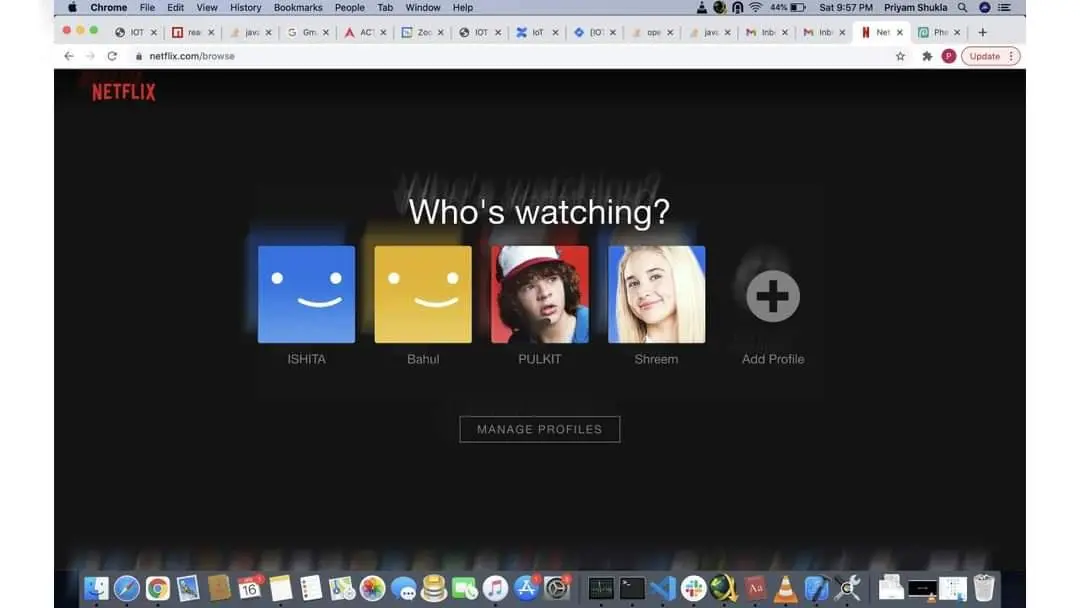
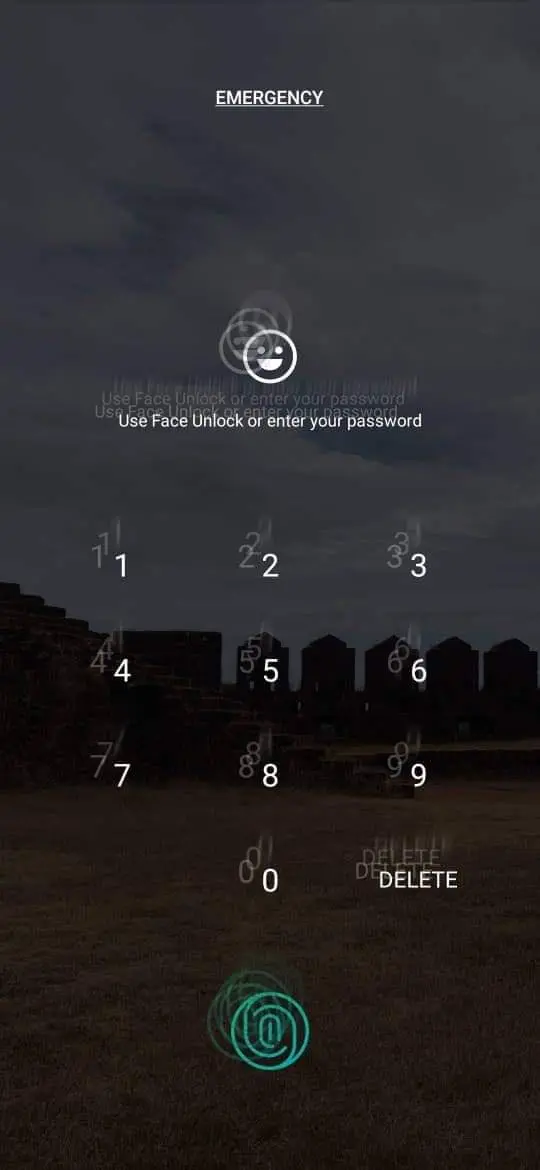
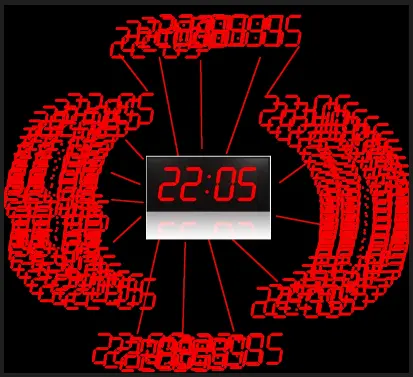
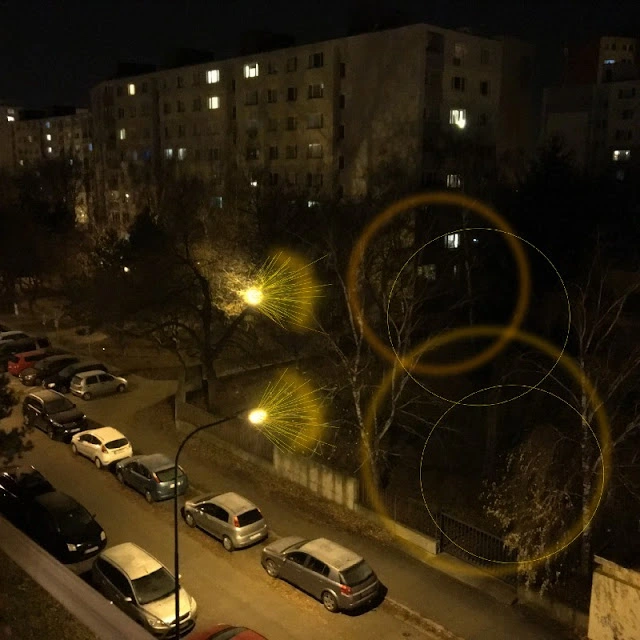
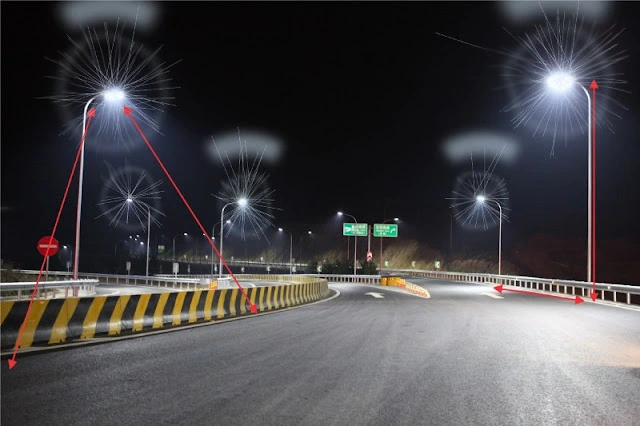
That sounds great! Congrats
Man this sounds fantastic!
My eyes are horrible and I can noticeably see it becoming worse every six months
The only solution seems to be LASIK for me which my brother also got
Here in Turkey, glasses go for about 3k liras and LASIK for 30 to 45k liras
Converted to dollars that would be 70 dollars and 700 to 1200 dollars
Holy shit, that’s so cheap!
There’s LASIK. It’s been around since 1989. The downside is that the procedure only lasts about 15 years from what I’ve seen – people who got it have to start wearing glasses again after that time.
Lasik didn’t get FDA approval until 1996.
Before that, it was radial keratotomy.
I got mine in 1986 and it was effective until 2015 when I started to need bifocals.
I consider it a success.
That’s interesting, yours lasted way longer than the people I’ve talked to. I wonder if the procedure was any different.
What worked for me was getting allergies under control with medication. I used too have red eyes at least 3 times a week and full time irritated. Because of that, my eyes were always a bit swollen and thus my prescription was different than it should
It really depends on what’s wrong with your eyes. Glasses or contacts are probably the best method (in terms of safety, reliability, and cost) for the most common problems, but I’m guessing if you are asking this question that either won’t help your case or you aren’t happy with them.
I had bladeless LASIK in 2013, taking my glasses prescription from 20/170 to 20/12.5.
You read that right, there’s better than 20/20 which is considered perfect. 20/10 is as low as most measurements go. I’m right between 20/10 and 20/15.
11 years later in my early 40s, my vision hasn’t changed one bit, still seeing better than “perfect”.
The procedure took less than 5 minutes per eye and I was good to go really the next day.
It’s the best money I’ve spent on anything in my life and I would do it again a thousand times if I had a thousand chances to choose again. And I have a TON of hobbies.
If you get evaluated and are a good candidate, go for it! It’s life changing to not have to mess with glasses or contacts, being free to do watersports and winter sports with no hassle.
Do you have the dry eye problem I’ve been hearing about after Lasik?
Nope! I was fortunate that I never had any issues with dryness.
Lasik, prk and others. You’ll want the most experienced doctors you can so shop around. It’s your eyes after all.
Ask your current eye doc and they should point you in the right direction
Thank you. What’s the average cost in your place?
Be aware the correction likely is not forever and might require further treatments every few years.
Many, like me, require no treatments as well.
Also, all of us have close vision issues when we hit our mid forties or so due to our weakening muscles in our eyes, it’s something you can also treat with LASIK, but most use reading glasses.
Can’t beat Father Time!
However, my biggest challenge was distance vision (near-sightedness) and that will never go away, so again life long change for many with no downside.
As always, each person is different and you should be evaluated for a fit for the procedure. Some people have complications like many surgical procedures, and many/most do not.
Thanks for your insight. 👍
The most cost-effective way will always be a pair of glasses.
I’m too poor and cowardly to have a laser fix my eyes.
Glasses usually have obscene markups. Imo, the most cost effective way is often lasik (or similar), but it’s an up front cost.
I think I paid 4k usd for both eyes, but that was something like 10 years ago and with no assistance from insurance.
I still get an eye exam every few years just to make sure everything is okay, but I am expecting another 10 years before I need too start thinking about vision correction again. Also, I’m fairly certain the provider that performed my lasik offered a warranty and would perform additional corrections as I age, but I don’t live anywhere near the location anymore.
When I compare that to the combined cost of insurance, exams, glasses, contacts, and prescription sunglasses that my wife pays… lasik was a significant cost savings for me (and that’s not counting any quality of life benefits).
I use my 14-year-old prescription to get a couple pairs of glasses from Zenni every couple years. Averages about $75/yr.
I don’t see how lasik could possibly be a cost savings. I’ve gotten fairly nice glasses for $150 without insurance. I’ve gotten glasses for less than that with insurance.
One pair of glasses can last a long time if you take care of them (and if your eyes don’t get worse).
LASIK isn’t a permanent solution and eventually you’ll need glasses again.
A pair of glasses would have cost me about 350 euros every 3 years. Eye surgery cost me 980 euros and I should not require glasses for at least 20. So surgery has saved me at least 1350 euros. Failing at calculations like that is one more way for the poor to stay poor.
Doesn’t translate with Asian countries. Glasses are dirt cheap whereas lasik operations are pretty expensive af.
Which Asian countries? Asia also includes turkey, india, Vietnam, Korea and russia
If really depends on why your eyesight is bad. I have a degenerative condition called keratoconus and was told that if I get LASIK I’m at risk of going blind, so I have to use glass sclerals. The benefit is that the scars on my eye have been smoothing out.
I had LASIK in 2012. Best decision of my life. I went from -8.00 in both eyes to 20/20 vision. I’m sure the technology has only gotten safer in the past 12 years.
Among the other options mentioned there is also orthokeratology: using a hard lens to reshape the eye to improve vision. It’s a non-surgical alternative to LASIK.
There are also treatment options for some binocular vision problems. Exercises that can strengthen the muscles of the eye to correct alignment issues.








